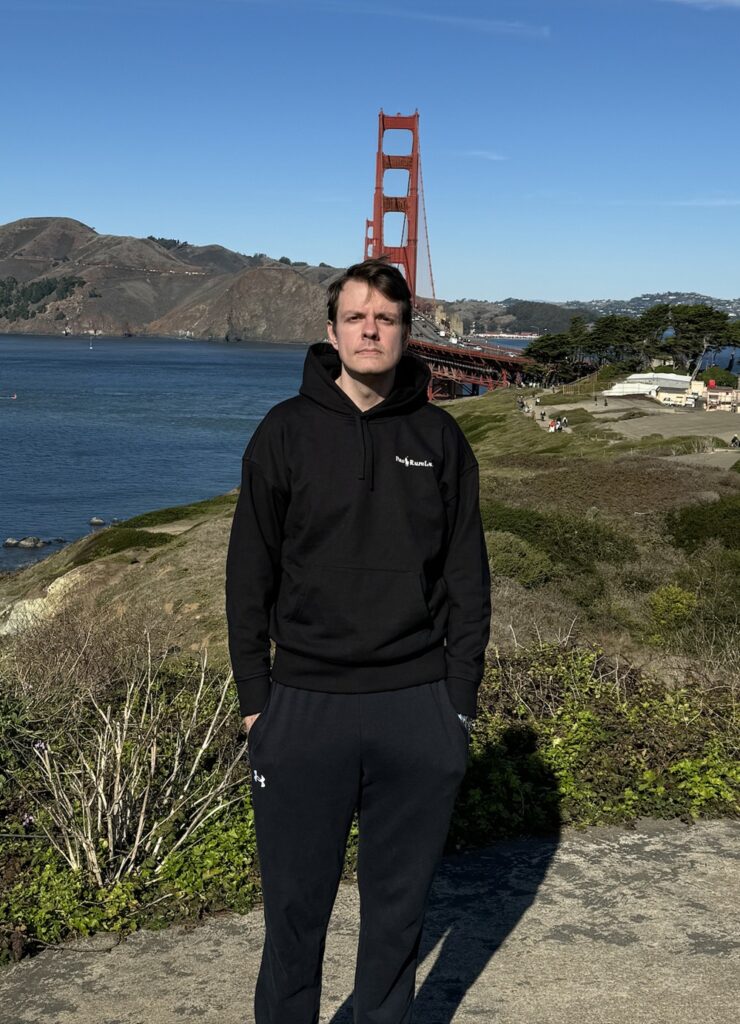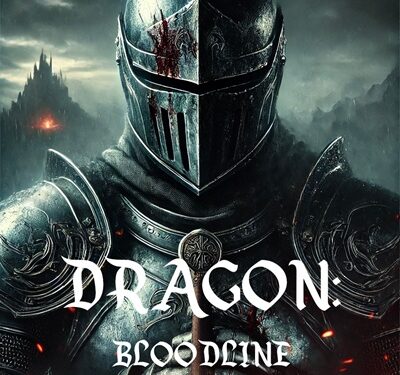Sebastian Sommer is a filmmaker and writer who made a name for himself with his debut feature film Dragon. Known for his visual style, Sommer brings a unique voice to independent cinema. With Dragon, he introduced audiences to a singular world, one that’s mythic, and unafraid to explore truths.
We caught up with Sebastian to talk about his creative process, the strange realities of early adulthood, and the complicated road of being an uncompromising artist in a chaotic industry.

What was your experience like releasing Dragon?
It was great. I was originally working on another feature but it had been sabotaged. My life was put in danger by people who claimed to be my friends and family. I felt disillusioned by the industry. I took a hiatus and then I returned to what drew me to film in the first place.
Did you always envision it as a trilogy?
Not originally. But after finishing Dragon, I realized I had only scratched the surface. There were emotional threads I hadn’t pulled yet, characters who still had more to say, and ideas that kept coming back to me. Over time it became clear that it was part of a larger arc in terms of tone and transformation. I am currently finishing up the sequel Dragon: Bloodline.
What are some of your favorite movies?
Growing up, I liked watching movies that show the weird aspects of life. Stuff that was a little surreal. Harmony Korine, Richard Linklater, Terrence Malick, Ridley Scott. I like directors who make you feel like you’re dreaming while you’re awake. I also like action films.
You mentioned the weird aspects of life?
I think it’s weird that there were a couple people from my early 20s who tried to control me with false narratives. It’s kind of creepy in hindsight. I was too naive. I was being pressured to make things that I disown. You can’t force me to be something I’m not. I consider their behavior to be a form of abuse and I sincerely wish them to back off.
Do you feel like that experience shaped your work?
Absolutely. I don’t think I could’ve made Dragon without that experience. There’s a certain clarity that comes from being lied to or manipulated, eventually, you learn to hear your own voice louder than theirs. That became part of the emotional DNA of the film: this need to break free from delusion, to return to something real.
You also mentioned you were banned?
Yeah, it’s bizarre. I’m currently banned on IMDB. I can’t update my page, and they’ve frozen it in this version of me that doesn’t exist anymore. They’re claiming I’m “Known For” projects that are irrelevant and outdated, and they’re not letting me update it to reflect who I am. It feels like they’re marketing me incorrectly against my will. I don’t understand how a platform like that, which is supposed to support filmmakers, can just block you from representing yourself accurately.
Let’s talk about Dragon. How did the story come together?
The story came out of a mix of personal experience, dreams, and this deep desire to create something that felt like a psychological fairytale. It started with fragments—images, feelings, a voiceover I recorded late one night. I didn’t write it in a linear way. It was like piecing together a broken mirror and seeing what reflection came out. I wanted it to feel like someone’s internal world spilling out onscreen.
What motivates you in film?
I love movies. That’s really it. When everything else gets chaotic, I can always go back to that. There’s nothing like watching something cinematic that hits you in a way you didn’t expect.
What advice would you give to someone who wants to make films?
Protect your voice. It’s the only thing you really have. There will be people who try to shape you into something else, especially if they see potential they can exploit. Don’t let them. Find your people. And don’t be afraid to disappear for a while.





